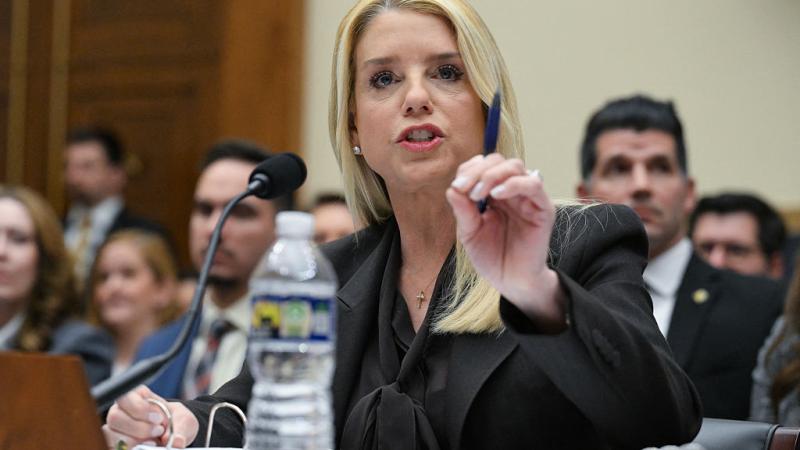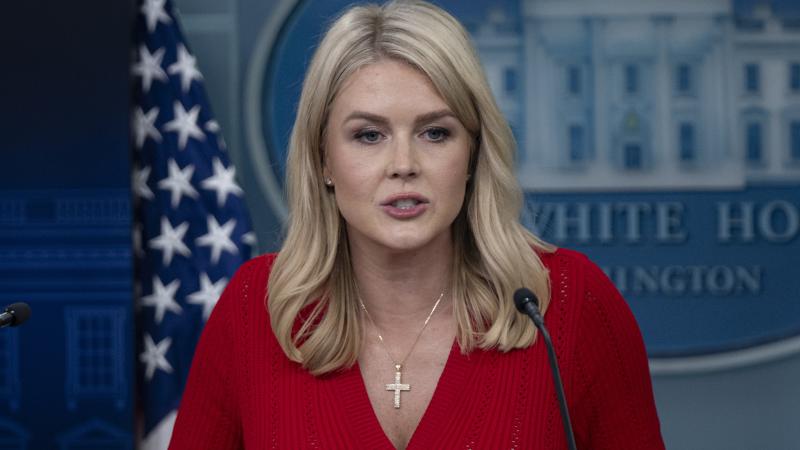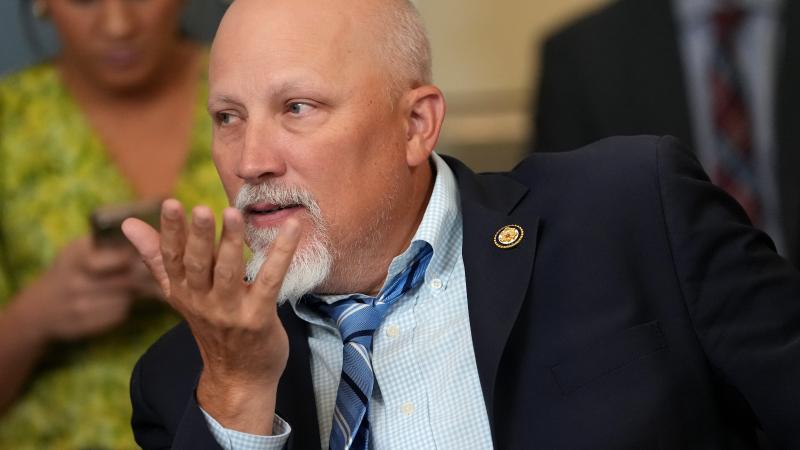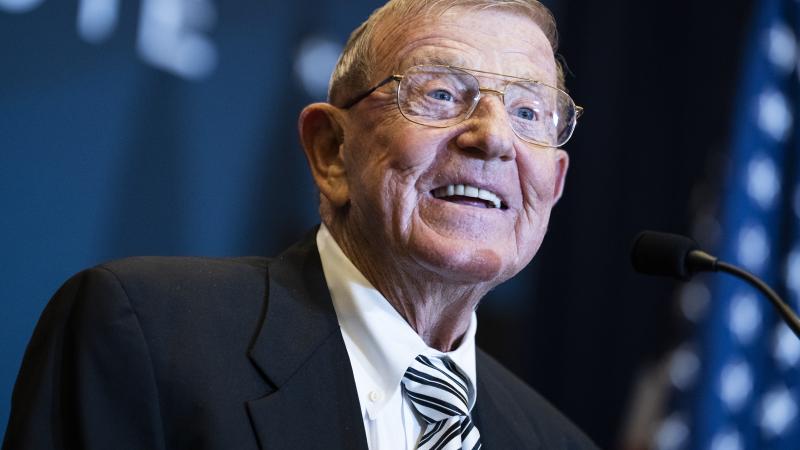New York poised to allow convicted felons to serve on juries
New York currently has a lifetime ban on felons serving as jurors.
A legislative push to lift New York's lifetime ban on convicted felons serving on juries has been given the green light by the office that oversees the state's court system.
The Democratic-controlled state Legislature approved the Jury of Our Peers Act last year, which will allow felons who have completed their full sentencing, parole or probation periods will be allowed to serve on a juror’s bench. New York currently has a lifetime ban on felons serving as jurors.
"People with felony convictions are as capable of serving as jurors as any other group of citizens," the proposal reads. "Ending the permanent ban on jury service by people with conviction histories will serve the interests of justice by increasing the size and diversity of the jury pool, as well as the quality of deliberations."
Supporters of the changes, which Democratic Gov. Kathy Hochul must still approve, got a boost this week with state court administrators saying they now back the legislation.
“Jury service is a core function of our civic fabric and represents every individual’s right to access robust civic participation," the state Office of Court Administration said in a statement Wednesday. "The New York State Unified Court System embraces this measure’s vision of reintegrating into society those who have fully served the terms of their sentences."
Backers of the plan say the changes will benefit Black New Yorkers, who are disproportionately more likely to have a felony charge on their criminal record, by shifting the racial composition of juries.
“Black New Yorkers have been systematically denied the right to serve on juries as they are disproportionately criminalized by discriminatory policing and prosecution,” Megan French-Marcelin, senior director of New York State policy at the non-profit Legal Action Center, said in a statement. "This will ensure all New Yorkers in our communities can participate in this essential service to democracy."
The conservative Manhattan Institute has called on Hochul to veto the bill and says it will "tilt the scales of justice yet further toward criminals" while doing little to alleviate racial disparities in jury pools.
"Potential jurors who are convicted felons would still be unlikely to serve; instead, prosecutors would be forced to use some of their limited number of peremptory challenges during jury selection to reject them," Hannah E. Meyers, a fellow and the institute's director of policing and public safety, wrote in a recent op-ed. "After all, would an assistant district attorney allow a gang member with multiple convictions to adjudicate a gang assault?"
Meyers said restoring felons’ jury service rights "would thus create another advantage for defense attorneys, whose own peremptory challenges would remain undiminished."
"Further, equating convicted felons with black citizens is misguided and, bluntly, racist," she wrote. "True fairness is when crime victims — of any race — stand a fighting chance in court."















